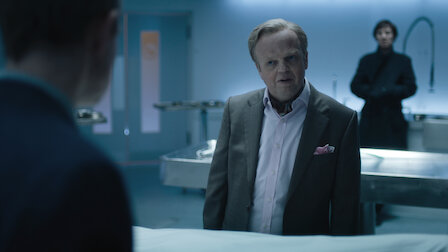

I mean, obviously that’s in part the point – we’re clearly setting up a “Sherlock is very much living on the edge” plot, as follows necessarily from His Last Vow. The focus on Mycroft’s heartbroken anguish at his brother’s overdose, played with career-best acting by Gatiss, is really a quite serious reframing of Sherlock ’s narrative. Sure, the only way they can justify Reichenbach is by doing the whole silly Inception business and banal mirroring, but the basic instinct is still “whee we’re putting Rupert Graves in mutton chops.”Įxcept then it’s got the whole addiction theme layered in, which it can’t come close to supporting. And so it goes out of its way to get the Reichenbach Falls and the first meeting in, makes sure to find room for everyone to make a cameo, visibly can’t get Laura Pulver’s schedule to work, et cetera. On the whole, The Abominable Bride ’s main instinct is to be a silly compendium of all the iconic Sherlock Holmes moments, done as a proper period piece but with the Sherlock cast. It’s tempting to try to make this some sort of frock/gun point, and the iconography is literally there, but it’s weirder than that. But the result is that a perfectly entertaining period piece about a murderous cult of suffragettes (that’s emphatically in favor of them, to be clear) gets bogged down with a bunch of Killing Joke level hero/villain mirroring.
#Do i watch sherlock the abominable bride before season 4 series#
Which is hardly surprising Series Four needs its hook. Which is where problems start to come up, because it doesn’t really.

The implication that this is going to advance the overall story of Sherlock is omnipresent. And for the most part that’s what they do.Īnd yet the larger show hangs over it from the start, with the decision to do an extended recap of the series instead of just tearing into a big silly Victorian romp. But it would have been possible to offer the answer “because it’s fun” and gotten on with it. This was always going to be a factor you can’t pick up from a stunning cliffhanger with a one-off period special and not offer some meta-commentary on why. With The Abominable Bride he substitutes this, with mixed results, for suspense over what the point of telling it is. I’ve pointed out numerous times that Moffat’s default mode of storytelling is based on suspense over what kind of story he’s telling.


 0 kommentar(er)
0 kommentar(er)
